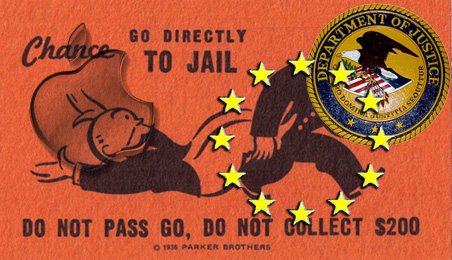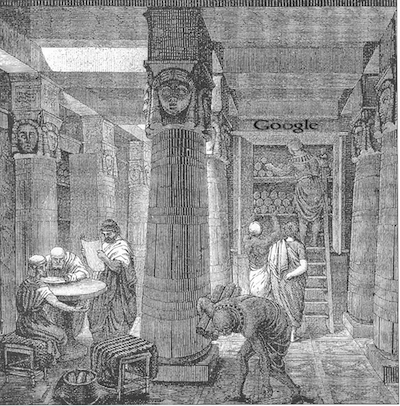A tweet this morning from WriterDonna lead me to The Quest for eBook Sales on Green Ink. In answer to the perennial question of how to get more eBook sales, the author had this to say.
The good news is that indie authors can get sales on a very limited monetary budget; the bad news is that this method has an unseen cost: your time. Happenstance customers usually lay down good money to purchase an unheard-of indie writer’s book because of all the rather unrelated posts said author has taken the time to research and write, along with a host of complimentary articles, columns, reviews, short stories and other Freebie Flags staked along the heavily-trodden beaches of eSales Island.
I must admit, that when I started writing eBooks, I half hoped that readers searching for books in subject areas of their interest would just naturally find my books using the search functions on the bookstore site. But the other half of me knew that selling eBooks is much like selling anything else. It takes a concerted and continuous marketing effort to build and maintain brand awareness. Even the most successful writers have to market their new books.
Marketing is nothing new to me. When I started college, the Science Fiction Club, which I had just joined, had fallen to maybe 4 or 5 members. Things weren’t looking too good for the future, so rather than waiting for it to die or looking for another club to join, I started putting up signs all over campus promoting the club. The signs were fairly whimsical and illustrated with a science fiction theme that often parodied some current campus event. During one prospective students weekend, the theme was “Prospie Women from Outer Space!”
I had fun making the signs and traveling across the University of Chicago campus to put them up. I always made sure to put the signs up outside the dining halls because I knew a lot of people would be standing in line there every night. My efforts were quickly rewarded and the club more than doubled in size and continued to grow during my 4 years as the official unofficial Minister of Propaganda.
Those same marketing principles apply to the selling of eBooks. Using the online people hang-outs of Facebook, Twitter, blogs, and forums in a natural way can be an effective method of driving sales. By natural, I mean becoming a good citizen of those communities rather than a drive-by spammer. I won’t join any forum that I don’t have a natural interest in.
As for Learncrest, I needed a site to promote my eBooks. But no one is going to just happen by an unknown site for no reason, there has to be some compelling content. So I started writing, and writing, and writing. Most of what readers will find on this site is related to eBooks and is personally interesting. It’s hard to write about things one has no interest in. So I scour the news for stories of interest and things that inspire the imagination. I write, then I tell my friends about it. Traffic was very slow at first, not even spammers had taken notice, but slowly as search sites index more posts, traffic has increased (and so did spam). And eBook sales have continued at a steady pace which indicates buyers beyond just my personal friends, the Holy Grail!
It also doesn’t hurt to promote eBooks in the real world. A few weeks ago, I printed up postcard fliers for Anime Aftershocks and distributed them at Ohayocon, an anime convention in Columbus Ohio. I cannot tell whether the flyering was effective or not, but it’s a common practice at conventions like Ohayocon that see tens of thousands of attendees each year. The cost of the fliers was minimal and I was planning to attend the convention anyway, so any sales would be a bonus.
Content is king! Having just purchased a block of 10 ISBN numbers, I have more than enough incentive to write more eBooks to use them. I currently have 3 or 4 books in various stages in the pipeline that will be released in the coming months. What better way than a well developed library of works to gain an audience and drive sales?
There has never been a better time in the history of humankind to be a writer. With some time, effort, and imagination we can surely reach more readers than would ever have been possible in print alone. Writing the book is just the beginning!
 Ars reports that the European Commission is teaming up with the US Department of Justice investigating allegations of collusion and price-fixing in the eBook market by Apple and several large publishers. Apple and publishers Harper Collins, Simon & Schuster, Pearson’s Penguin, Hachette Livre, and Macmillan are accused of working together in order to keep eBook prices artificially high, in some cases higher than the printed edition.
Ars reports that the European Commission is teaming up with the US Department of Justice investigating allegations of collusion and price-fixing in the eBook market by Apple and several large publishers. Apple and publishers Harper Collins, Simon & Schuster, Pearson’s Penguin, Hachette Livre, and Macmillan are accused of working together in order to keep eBook prices artificially high, in some cases higher than the printed edition.